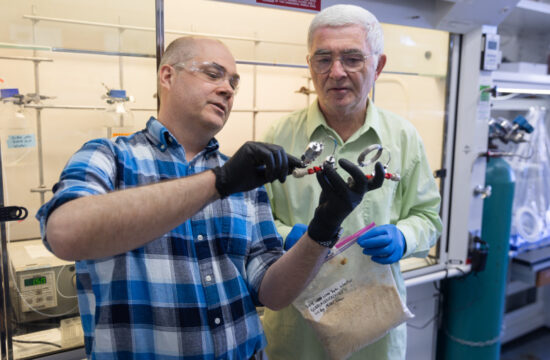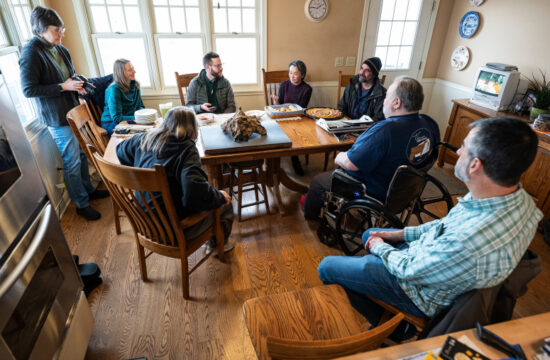 Higher levels of exercise in older adults has been linked to a slow in mental decline, at a rate equal to 10 years of aging, compared to those who reported little to no exercise.
Higher levels of exercise in older adults has been linked to a slow in mental decline, at a rate equal to 10 years of aging, compared to those who reported little to no exercise.
In a recent population-based observational study, led by Clinton B. Wright, M.D., of the University of Miami, researchers found that getting regular exercise of moderate to high intensity could be protective and help maintain cognitive abilities longer.
Wright told Bioscience Technology¸ that the biggest takeaway from the study, which looked at data on 876 people enrolled in the Northern Manhattan Study, was that “older adults who reported doing more leisure time physical activity had less decline in memory and thinking abilities than those who reported less activity.”
Participants, with an average age of 63 years at the beginning of the study, were surveyed on the length and duration of their physical activity in the two weeks prior to that date. Then, about seven years later, at an average age of 71, participants were giving thinking and memory tests and a brain MRI scan. Cognitive tests were administered once again five years after that.
A large majority, 90 percent, were placed in the low activity group who reported no exercise, or light activity such as walking and yoga. The remaining 10 percent were placed in the high activity group after reporting moderate to high intensity exercise, such as running, aerobics or calisthenics.
[pullquote]After analyzing results of people who did not show any signs of cognitive difficulties at the beginning of the study, Wright’s team found that those who were in the low activity group performed worse on simple tasks and memory tests.[/pullquote]
After analyzing results of people who did not show any signs of cognitive difficulties at the beginning of the study, Wright’s team found that those who were in the low activity group performed worse on simple tasks and memory tests, such as remembering words from a list, than those in the high activity group. The difference, which remained after adjusting for factors such as smoking, alcohol use, and high blood pressure, was equal to 10 years of aging, according to the researchers.
The findings were reported online in Neurology.
Wright said that the study does not conclude that low-level activities are not beneficial to older adults, because there was no group below the low level activity group to compare participants to.
Wright also noted limitations of the study, including self-reporting and being an observational study, meaning people were not assigned to particular groups to test the effects of physical activity.
Designing clinical trials to examine the effects of exercise on memory and thinking are the next step in this research Wright said. “We and others can also look at potential mediators such as inflammation and growth factors that may be involved.”
This study was funded by the National Institutes of Health’s National Institute of Neurological Disorders and Stroke by a grant to the University of Miami and Columbia University.








